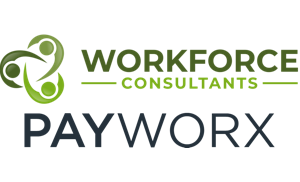 In the next few months, the IRS will begin sending letters notifying employers that they may owe a penalty for failing to offer health coverage under the Affordable Care Act’s Employer Mandate for the 2015 calendar year. The Employer Mandate is enforced through a tax penalty referred to as an “Employer Shared Responsibility Payment” (“ESRP”). Effective January 1, 2015, the ESRP may apply to employers that do not offer minimum essential health coverage to all employees who work, on average, 30 or more hours per week. Employers will have only 30 days to respond, making it important to be on the lookout for any letters from the IRS. Employers should keep in mind that:
In the next few months, the IRS will begin sending letters notifying employers that they may owe a penalty for failing to offer health coverage under the Affordable Care Act’s Employer Mandate for the 2015 calendar year. The Employer Mandate is enforced through a tax penalty referred to as an “Employer Shared Responsibility Payment” (“ESRP”). Effective January 1, 2015, the ESRP may apply to employers that do not offer minimum essential health coverage to all employees who work, on average, 30 or more hours per week. Employers will have only 30 days to respond, making it important to be on the lookout for any letters from the IRS. Employers should keep in mind that:
- The notice mailing will include a few documents:
- Letter 226J, providing the amount of the proposed ESRP, how the amount was calculated, and an explanation of how to respond. A sample is available here.
- Form 14765, listing each employee: (i) who received a premium tax credit during the applicable year; and (ii) for whom the employer filed a Form 1095-C but did not qualify for an affordability safe harbor or other ESRP relief.
- Form 14764, to use in responding to the IRS and indicating whether the employer agrees or disagrees with the proposed ESRP penalty.
- Each entity that files a Form 1094-C may receive its own notice.
- Notices likely will be directed to the contact listed on the Form 1094; however, all personnel who handle mail sent by the IRS should be on alert for the notice and know where to direct it. If the employer has been acquired in the past couple years, checking with the seller may also be prudent.
- Employers should locate and review their 1094-C and 1095-C records for 2015 so they are able to respond quickly regarding any errors in the proposed penalty notice.
- If the IRS does not accept the employer’s argument, further appeals are available.
- Payment is not required with the employer’s response; if an employer owes the ESRP after any appeal is exhausted, the IRS will issue a notice and demand for payment.



